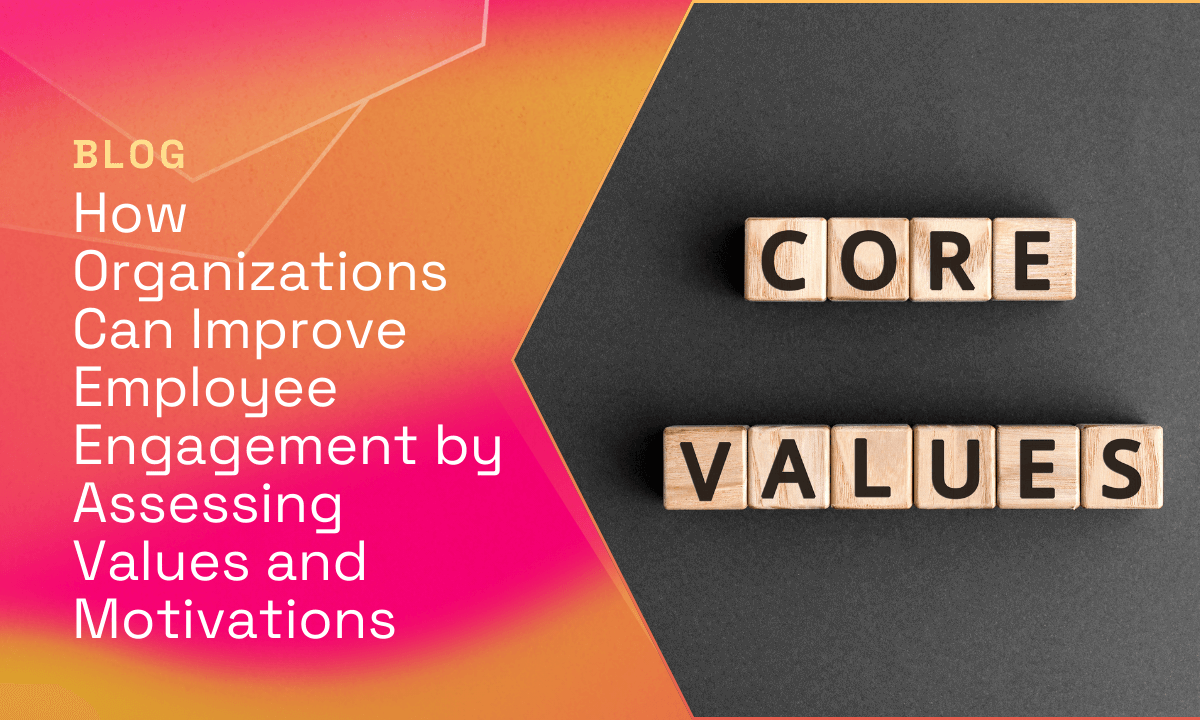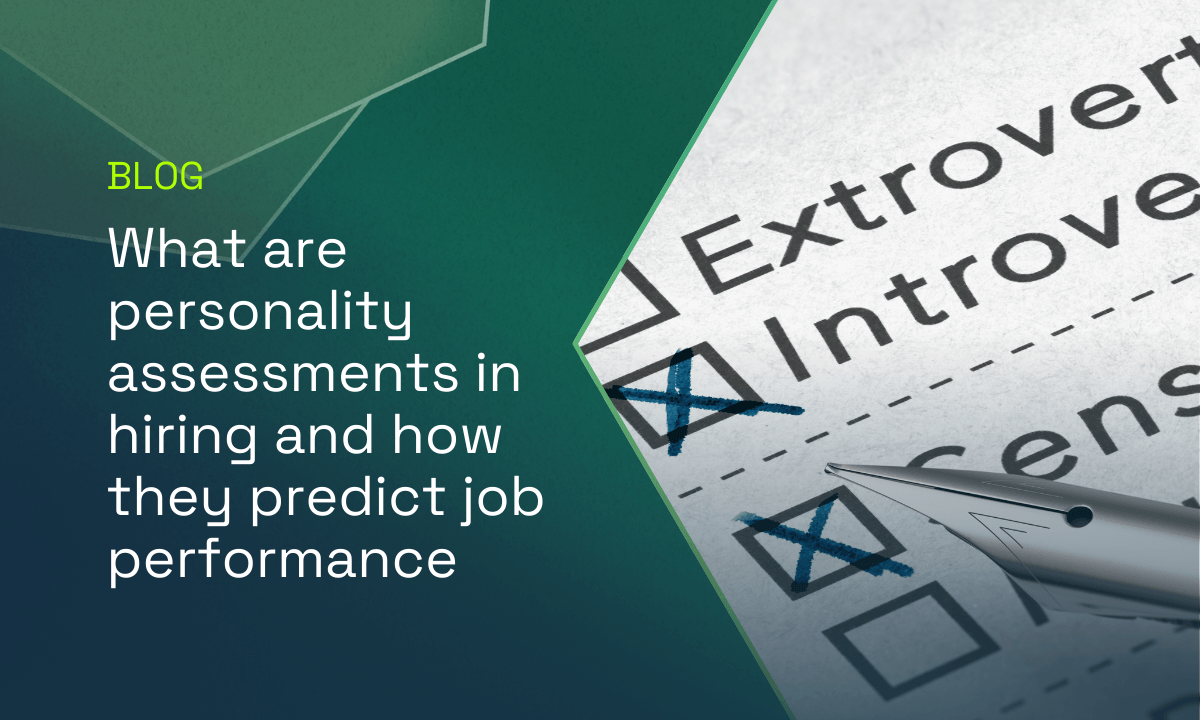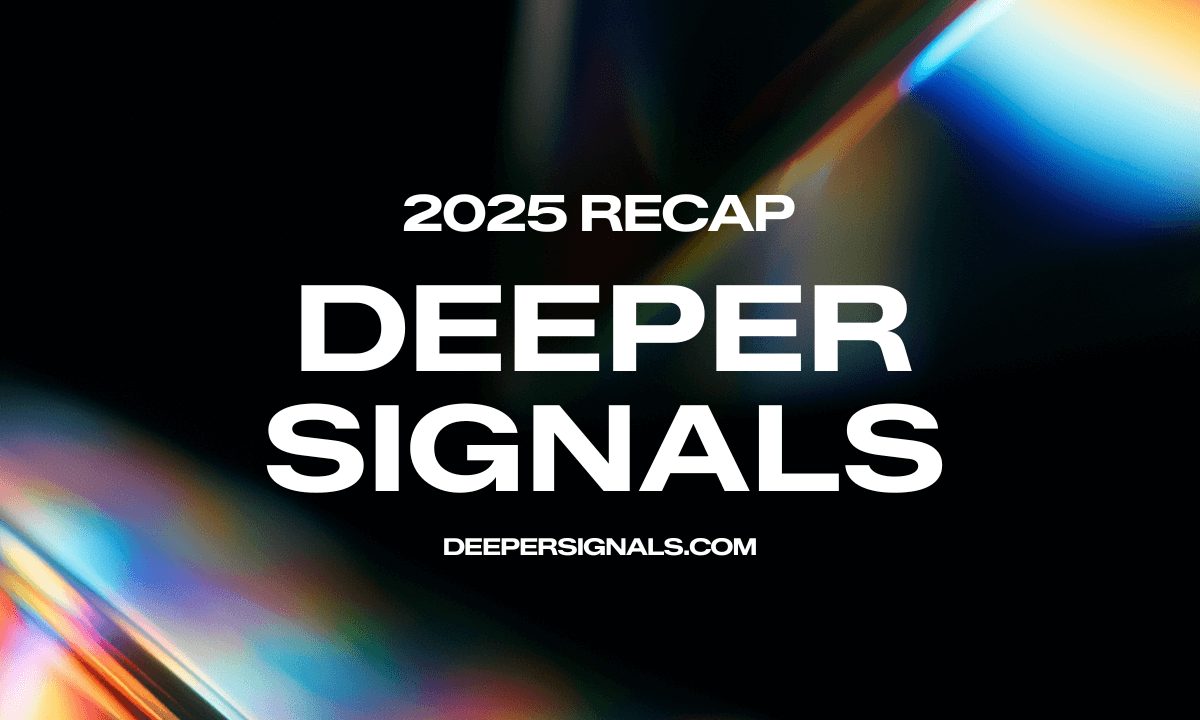The power of mind and character: Why both matter at work
Some people, you may have noticed, are smarter than others. This is a straightforward fact, supported by decades of research. While we wish it weren’t so, it really matters.
Consider that people are more than twice as likely to choose romantic partners who match their level of intelligence than their height, weight or even personality.
At work, cognitive ability can predict up to 40% of job performance, making it the single best attribute predictor of job success.
The Power of Cognitive Ability
Cognitive ability – our capacity to learn, solve problems, and process information - has long been recognized as a robust predictor of workplace performance. This is particularly true for complex jobs where employees must navigate ambiguity, make quick decisions, and adapt to changing circumstances.
Those with stronger cognitive abilities have a distinct advantage: they can make sense of ambiguity faster, transform complex problems into simple solutions, and acquire new knowledge and expertise more efficiently than others. But what makes it such a powerful tool for recruitment?
In a changing world, what you know is often less important than how quickly you can learn.
Beyond Smart: Why Character Matters
So cognitive ability is a powerful base to have. But we all know clever people who still perform poorly at work. As the old saying goes, "People are hired for ability and fired for character." While cognitive tools can tell you if someone can do the job, they can't predict what that person will be like on the job.
A compelling example comes from a decade-long study of 11,258 West Point cadets. While cognitive ability emerged as the strongest predictor of academic and military grades, non-cognitive attributes – personality traits – better predicted other crucial outcomes, including successful completion of training and graduation.
It’s not either/or, it’s both.
The Perfect Pair: Intelligence and Personality
Among personality traits, two stand out as particularly valuable in the modern workplace: curiosity and conscientiousness. In an era where careers span multiple companies and industries, curiosity – the desire to learn and explore – has emerged as a crucial third pillar alongside intelligence and hard work. It drives innovation, adaptation, and continuous learning, all essential qualities for long-term career success.
Conscientiousness, or being disciplined and organized, consistently proves to be another vital predictor of workplace success. Together with cognitive ability, these traits create a powerful combination: intelligence determines what we can maximally do, while personality shapes what we typically do.
When organizations combine cognitive and personality assessments, they gain a more complete picture of candidate potential. Research suggests that using both types of assessments can significantly improve predictions of workplace performance – some studies indicate the predictive power nearly doubles. This makes intuitive sense: success in modern organizations requires both the ability to learn and solve problems (cognitive ability) and the disposition to apply these capabilities effectively (personality).
What This Means for Organizations
For organizations looking to build high-performing teams, the implications are clear: adopt a holistic approach to talent assessment. While cognitive ability provides a foundation for job capability, personality traits like curiosity and conscientiousness offer insights into how individuals will apply their capabilities in practice.
Modern assessment science now allows us to measure cognitive ability with unprecedented precision and fairness. Gone are the days of lengthy, stressful IQ tests. Deeper Signals’ new tool can evaluate cognitive potential in minutes, providing insights that are both accurate and actionable. And instead of a cumbersome candidate experience our assessment workflow means organizations can now get an integrated picture of talent potential in minutes.
This combined approach is particularly valuable as acquired knowledge – from schooling or training – becomes less relevant in the age of AI. In modern workplaces, success isn't just about what you know or how quickly you can learn – it's also about having the personality traits that drive continuous learning, adaptation, and growth.
Looking Ahead
In the age of AI, what makes someone truly exceptional at work? While technology can replicate knowledge, two fundamentally human qualities still reign supreme: mind and character.
By considering both cognitive ability and personality, organizations can better predict workplace success and build teams equipped to handle whatever challenges the future may bring. In the end, it's not just about being smart or having the right personality – it's about having the right combination of both to thrive in the modern workplace.
Want to learn how leading organizations are using this integrated approach to build stronger teams?
Stay tuned for the upcoming updates from Deeper Signals.





























